Robotics Tips and Tricks for Inclusion and Integration of Students
By Sebastian Rice
Do you know the most efficient way to teach kids something new?
The answer comes in the form of gamification. It’s a practice of adding game-like elements to learning experiences in order to help students grasp and retain knowledge quickly and effortlessly.
The real question is how to apply this principle to coding and strengthen the inclusion and integration of children. Well, it turns out that robotics has the greatest potential to engage young scholars and assist them in their attempts to figure out how programming really works.
In this post, we are going to explain to you the best robotics-related tips and tricks that can help students become beginner-level programmers. Let’s take a look!
- 1 Comments
- Nov 17, 2020 10:00:00 AM
What Matters Most When You’re Evaluating Edtech Tools
Look past the marketing and focus instead on the student—and teacher—experience and built-in engagement features
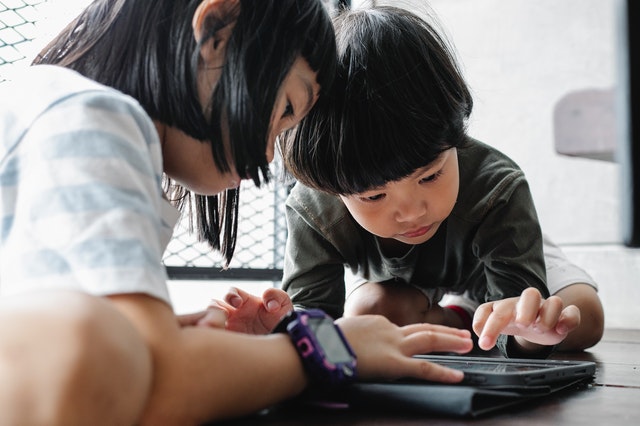 Photo by Alex Green from Pexels
Photo by Alex Green from Pexels
- 0 Comments
- Nov 16, 2020 10:00:00 AM
Google Expeditions app will no longer be available
Google announced that the Google Expeditions app will no longer be available for download and Tour Creator will no longer be accessible as of June 30, 2021.
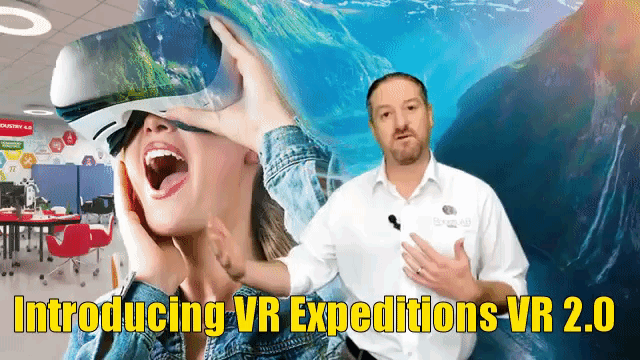
- 0 Comments
- Nov 15, 2020 4:30:00 PM
How to Use Drones in a Teaching Process
By James Baxter
Teaching is just like a side of fries - it goes with just about everything and anything you can think of. When it comes to teaching, anything can be added to the process to make it easier and more fun. In fact, you could think of a thousand abstract things and realise that teachers have already incorporated those things in the classroom. Learning games? Teachers already started using these in the classroom even before the Titanic sank. Paintings? Been there, done that.
However, one method that hasn’t fully been employed by many teachers is the use of drones.
Surprised, aren’t you? We get it. This sounds just as strange as putting pineapple on pizza. What on earth would a drone be doing in a classroom? Well, you’d find out soon enough.
Whether you’re an essay writer teaching a new protege or a teacher helping students understand Calculus, drones can be quite helpful in the teaching process. Let’s find out how.
- 0 Comments
- Nov 13, 2020 10:00:00 AM
A Homeschooling Guide For Parents and Students
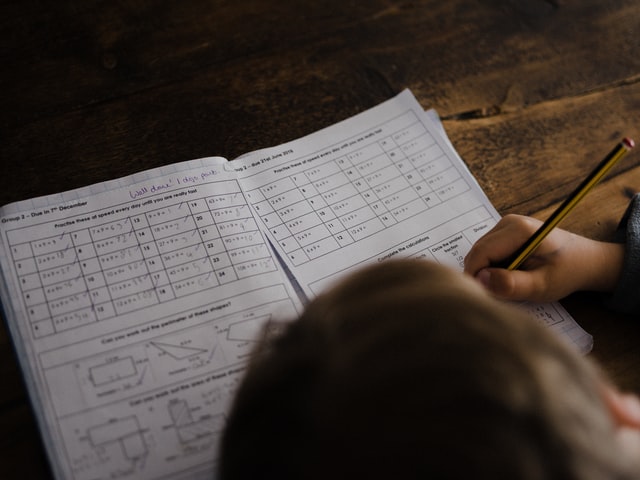 Photo by Annie Spratt on Unsplash
Photo by Annie Spratt on Unsplash
Homeschooling is an innovative movement that has become popular all over the world. Many parents prefer to educate their children at home. They opt for homeschooling when they are not satisfied with the available education facilities, are not in favor of the religion or principles of education adopted by the schools, or feel that children do not progress within the conventional school system.
This form of education started gaining ground during the 1970s. At that time, writers and researchers like Dorothy, Raymond Moore, and John Holt propagated their educational reform ideas. National Home Education Research Institute has stated that more than two million children in the United States are homeschooled at present.
- 0 Comments
- Nov 12, 2020 10:00:00 AM
3 strategies for hybrid learning
By Ronald Chaulisán Battle
 Photo by Glenn Carstens-Peters on Unsplash
Photo by Glenn Carstens-Peters on Unsplash
Let’s reimagine hybrid learning and improve education outcomes for all students
- 0 Comments
- Nov 10, 2020 10:00:00 AM
Here’s why Robotics Is a Must for Today’s Education Sector
By Ashley Simmons
 Photo by ThisisEngineering RAEng on Unsplash
Photo by ThisisEngineering RAEng on Unsplash
The advancement in technology in recent years has had a significant impact on our lives, led to sectors expanding, and has contributed immensely to how we now do things in different parts of the world and have impacted the educational sector.
Schools now have a big responsibility to teach the students about past events or current affairs and prepare them for their future. The good thing is that the educational system moves in the right direction and already takes some necessary steps to ensure this. Everything that we know and see in robotics has its roots deep in research, following an academic model with scientists, policymakers, and governments all on board. As we continue to develop this, it is also becoming increasingly important that we include robotics as a significant part of educational curriculums.
- 1 Comments
- Nov 9, 2020 10:00:00 AM
Can Kindergartners Learn Coding?
By LAUREN GILCHRIST
Yes, it’s possible—discover how coding and computational thinking happen in early grades.
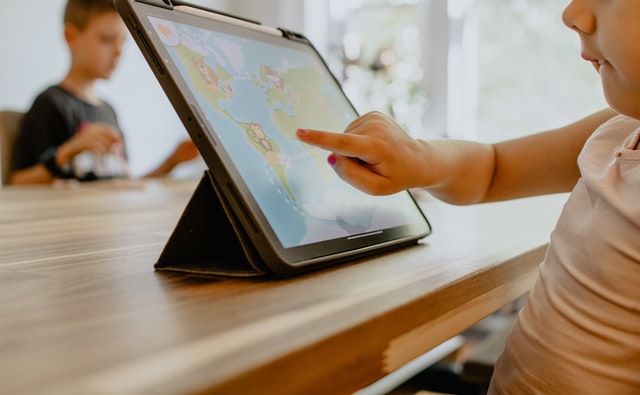 Photo by Kelly Sikkema on Unsplash
Photo by Kelly Sikkema on Unsplash
- 0 Comments
- Nov 6, 2020 10:00:00 AM
- Posted by Natalia Galvis
- Topics: STEM, teachers, Coding, students, Technology, Realidad Virtual, STEMchat, Edchat, teaching, online, lessons
How Virtual Reality Can Help Students Meet Learning Goals
By Rhonda Martinez
Virtual reality technology slowly gets adopted in various industries, and education is no exception. VR is more than just a fun thing that can help educators entertain students and improve engagement in the classroom. VR has tremendous innovative potential so it can help educators create new learning opportunities for their students.
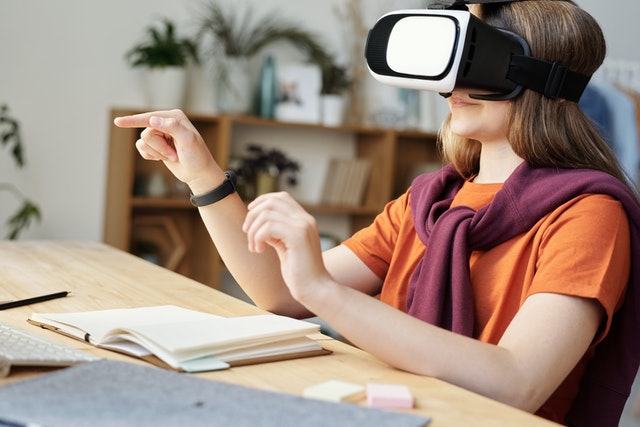 Photo by Julia M Cameron from Pexels
Photo by Julia M Cameron from Pexels
- 0 Comments
- Nov 5, 2020 10:00:00 AM
- Posted by Natalia Galvis
- Topics: STEM, teachers, students, Technology, VR, Realidad Virtual, STEMchat, Edchat, teaching, online, Virtual Reality, lessons
The Future of E-Learning: The Challenge of the 2021 School Year Goes Beyond the Textbooks
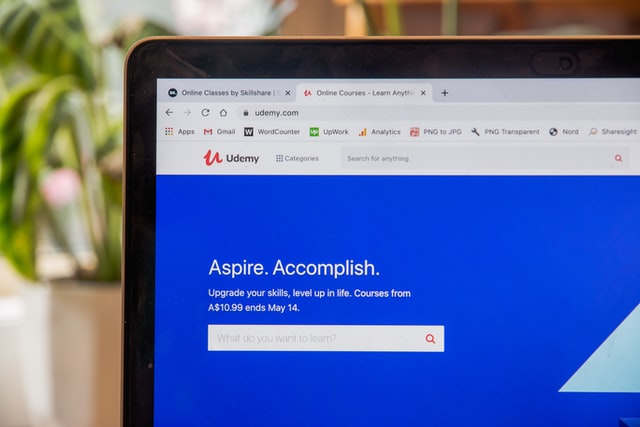 Photo by Lewis Keegan - Skillscouter.com on Unsplash
Photo by Lewis Keegan - Skillscouter.com on Unsplash
What schooling will look like in a few months’ time is still a mystery, but academic leaders are preparing for multiple scenarios.
- 0 Comments
- Nov 4, 2020 10:00:00 AM
- Posted by Natalia Galvis
- Topics: STEM, teachers, students, Technology, STEMchat, Edchat, teaching, online, lessons
Relevant Posts
Popular Posts
Subscribe to Email Updates
-
I Want To Learn MoreADDITIONAL INFORMATION


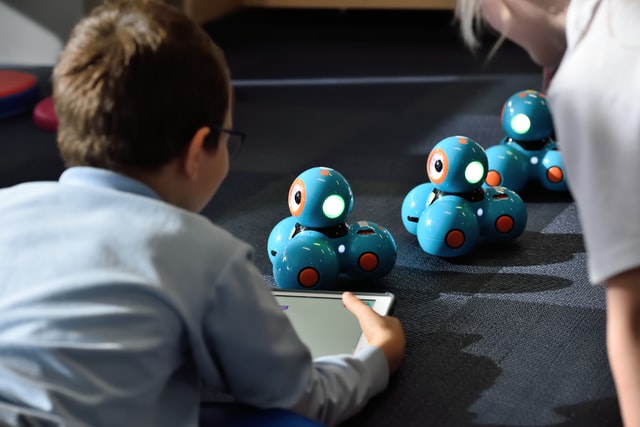 Photo by
Photo by 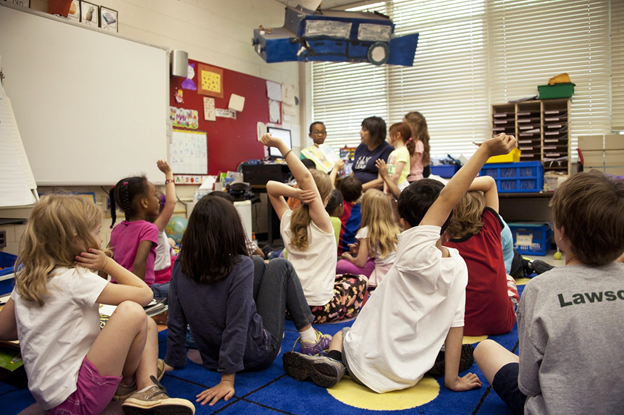 Photo by
Photo by 